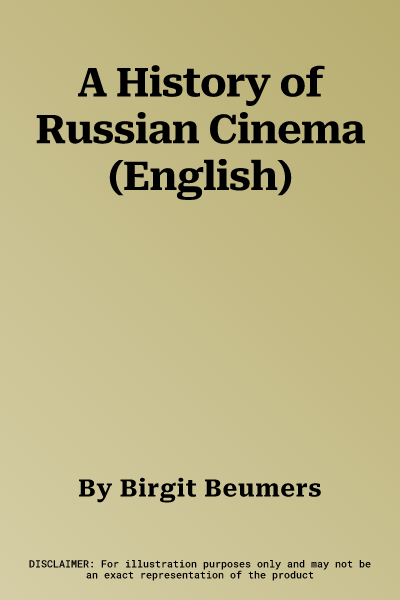Birgit Beumers
(Author)A History of Russian Cinema (English)Hardcover - English, 1 February 2009

Temporarily out of stock
Free Delivery
Cash on Delivery
15 Days
Free Returns
Secure Checkout

Print Length
328 pages
Language
English
Publisher
Berg Publishers
Date Published
1 Feb 2009
ISBN-10
1845202147
ISBN-13
9781845202149
Description
Product Details
Author:
Book Edition:
English
Book Format:
Hardcover
Date Published:
1 February 2009
Dimensions:
23.37 x
16 x
2.29 cm
Genre:
Russian
ISBN-10:
1845202147
ISBN-13:
9781845202149
Language:
English
Location:
New York
Pages:
328
Publisher:
Weight:
657.71 gm